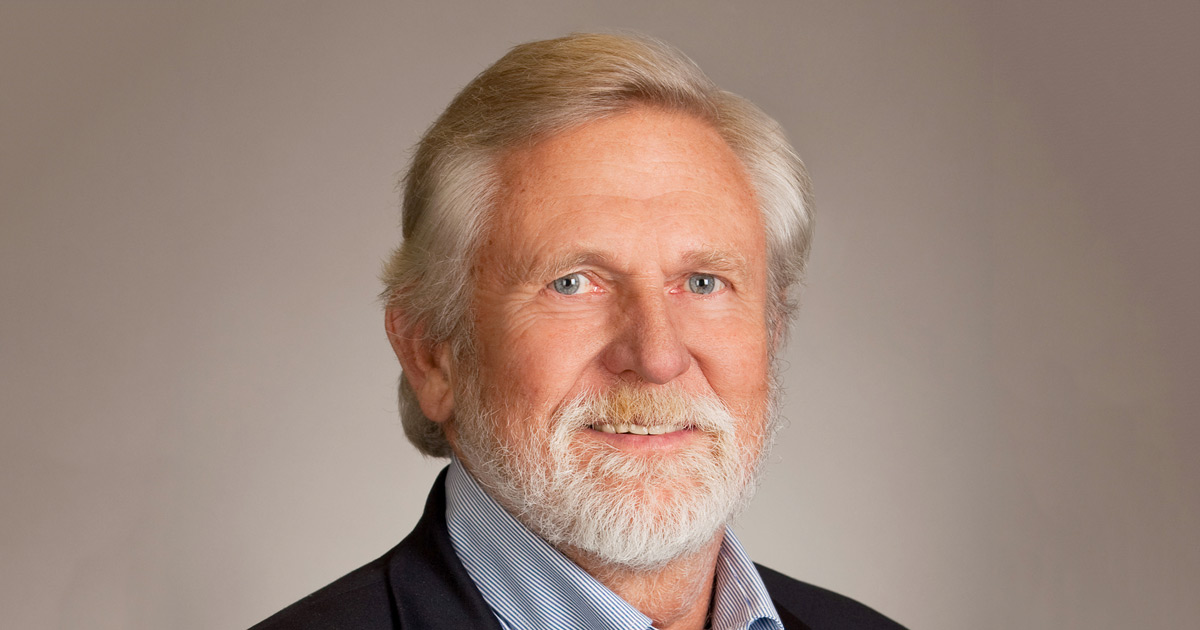2018 ended and 2019 began with some very bad news: the University of Maryland’s Robert Nelson, a pathbreaking scholar working at the intersection of economics and theology, passed away of natural causes during a conference in Finland on December 15. In this obituary, Jonathan H. Adler describes Dr. Nelson as “one of the nation’s most important and independent scholars of natural resource management, land use, and environmental policy.” Here is a link to his Independent Institute page, which in turn contains links to a lot of his commentaries and presentations as well as some audio and video.
I only found out about his passing yesterday. To my shame, I have not yet read his books on economics as theology, but I reviewed his 2010 book The New Holy Wars: Economic Religion Versus Environmental Religion in Contemporary America for the Foundation for Economic Education in 2011.
The book had a big effect on me, and in Fall 2017 I collaborated with Dr. Nelson to host an Institute for Humane Studies weekend Exploring Liberty Discussion Colloquium on the book. He was slated to return to Samford in March, and he was going to be on a panel on economics and theology I’ve organized for the 2019 Philosophy, Politics, and Economics Society meeting in New Orleans.
Hence, I write this not as someone who is seriously versed in Dr. Nelson’s scholarship but as someone who reviewed one of his books and spent a day discussing that book with him and a group of excellent students before he passed away.
To Nelson, the environmental movement made sense when considered in light of its religious characteristics, and in The New Holy Wars he contrasted this environmental religion with a religion of economic growth. On one hand, if everything is a religion then nothing is, but on the other if we try to understand the world without paying attention to our tendency to reach toward the transcendent, we miss a lot.
There are a lot of important parallels between “actual” religions like the Abrahamic faiths (Christianity, Islam, and Judaism) and the environmental and economic religions Nelson analyzed in his 2010 book. A religion, according to Nelson, could be “understood...as a person’s way of framing his or her basic perception of the world and its meaning.” Events like environmental disasters, for example, are well-understood in light of economic and environmental “perception(s) of the world and its meaning”: we have sown the wind by dumping carbon into the air and reaped the (literal) whirlwind.
As I wrote in 2011,
“Nelson also discusses the rhetoric of economic and environmental religions. Environmentalists’ accounts of the “damage” we’re doing to the natural environment or how this or that arrangement of flora and fauna has “intrinsic value” independent of its ability to satisfy human wants bring to mind Misesian/Hayekian questions: How do we know? How is “intrinsic value” measured? How is it a guide to action? On what basis does the activist substitute his or her judgment for mine? We can argue about who does or does not have superior revelation, but this is properly discussed as theology rather than economics or natural science.”
Nelson’s perspective, I think, was important and under-appreciated. And again, I write this as someone who was less familiar with his work than I should have been. 2019 will be the year I change that.









